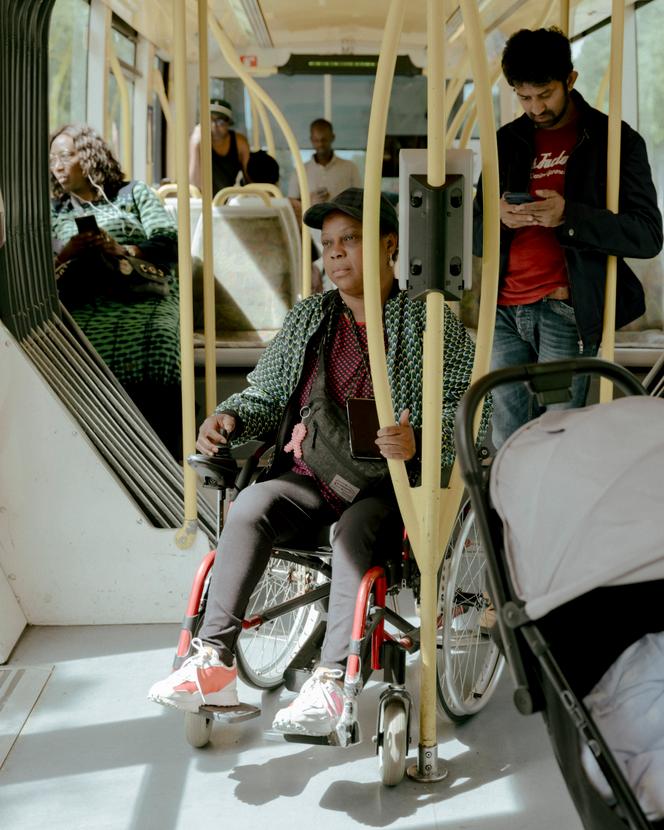


"Tonight, you are inviting us to change our perspectives, change our attitudes, change our society to finally give every person their full place," said Tony Estanguet, president of the Organizing Committee for the 2024 Olympic and Paralympic Games, on Wednesday, August 28, addressing 4,400 athletes during the Paralympic Games opening ceremony. His words were echoing the calls for action made by France's main disability associations.
France is far from exemplary. Its shortcomings – mainly in terms of accessibility but also on educational issues – were highlighted by the UN in a report published in 2021 and by the Council of Europe in 2023. The National Disability Conference (CNH) scheduled for that year was eagerly awaited. A triennial event, it was supposed to set a new course, after Emmanuel Macron had made the subject a priority of his first term. However, the Handicaps collective, which represents 54 associations, eventually decided to boycott the CNH, criticizing its "lack of ambition."
"France has around 11 million people with disabilities, as well as nine million carers, but this subject is not on the table enough and is not moving forward (...) It wasn't enough to simply continue with what was done before, we had to change policy," criticized the collective's president, Arnaud de Broca. "The current approach to disability policy is paternalistic. We're not seen as people in our own right," complained Pascale Ribes, president of APF France Handicap, an association that took part in the CNH. Jean-Louis Garcia, head of the Association for Handicapped Adults and Young People (APAJH), said that the meeting was marked by "fine intentions and a lot of very interesting ideas," but felt that "implementation is slow."
Accessibility – to transport, buildings and public services – is one of the main bottlenecks. The 1975 and 2005 laws, which require establishments open to the public to be accessible to all, are still not being complied with, yet the government does not penalize establishments that are lagging behind. However, "accessibility is not an option, it's a right. And it is a sine qua non for access to all other rights," maintained Ribes.
The €1.5 billion promised over five years by Macron at the CNH to improve accessibility is "an unprecedented investment," argued Fadila Khattabi, minister for people with disabilities. And the Games have acted as a catalyst: event venues have been brought up to standard, and the accessibility of national railway stations has been moved up a gear. The French government is helping to fund the work carried out by local authorities and has set up a €300 million fund to help restaurants, hotels, small shops, doctors' surgeries and associations. "This fund is little known by the establishments it is intended to help. And it's a drop in the ocean compared with what still needs to be done," complained Ribes.
You have 74.7% of this article left to read. The rest is for subscribers only.
